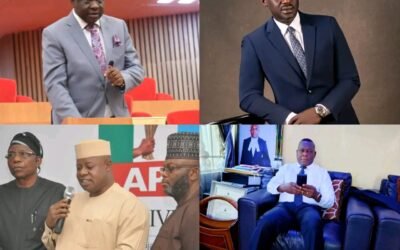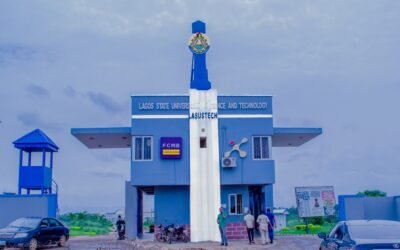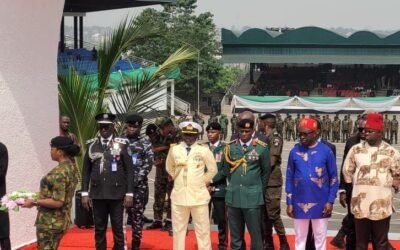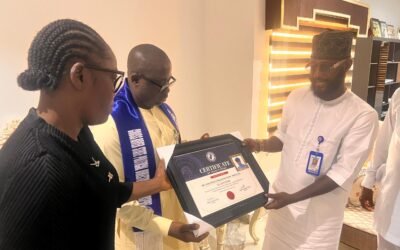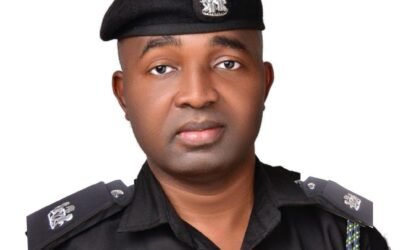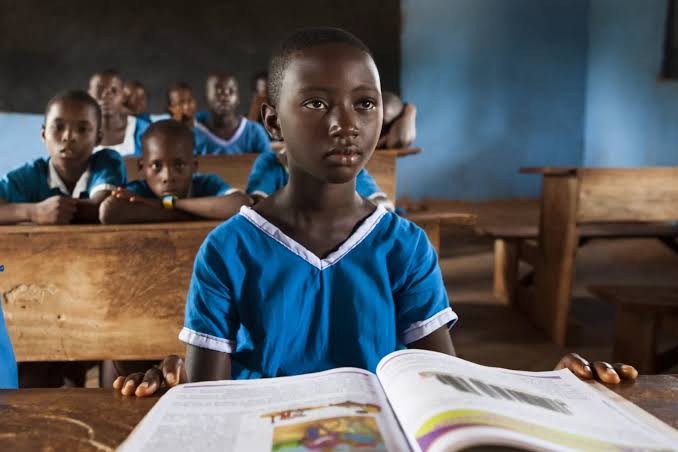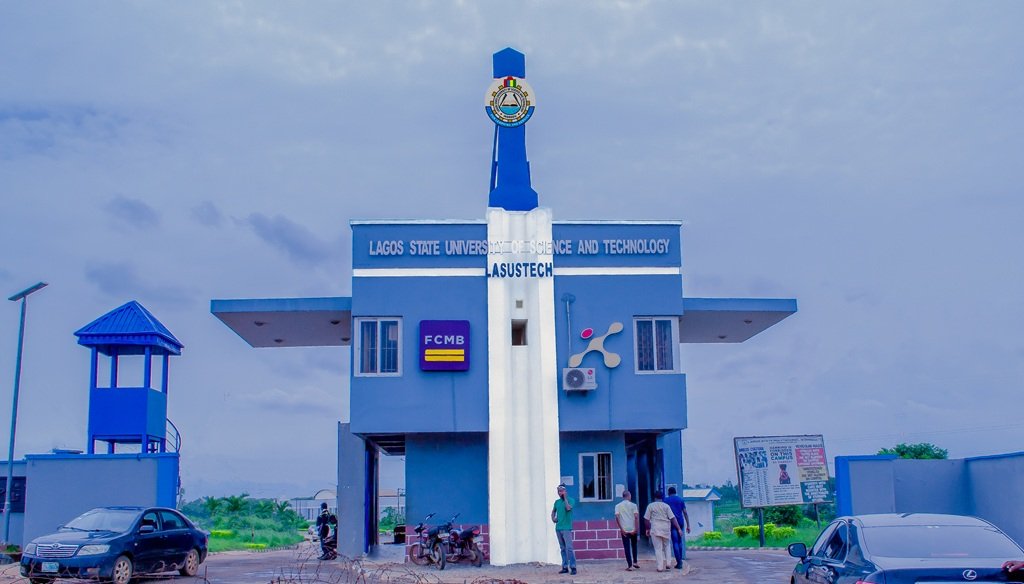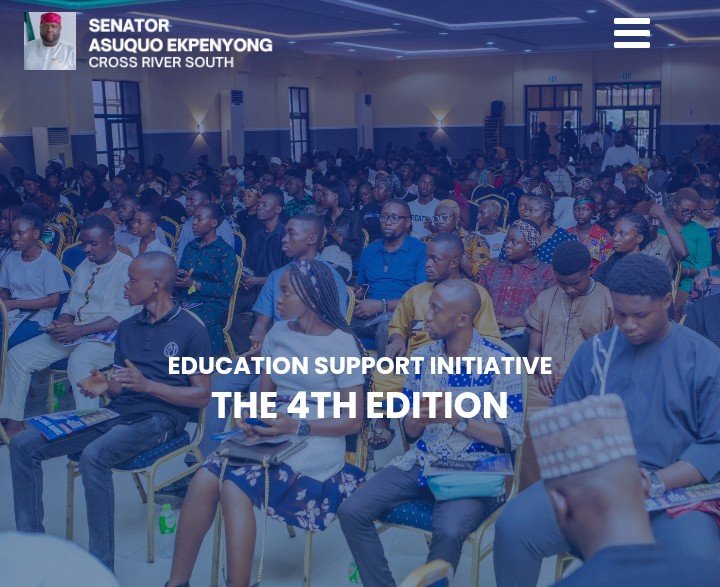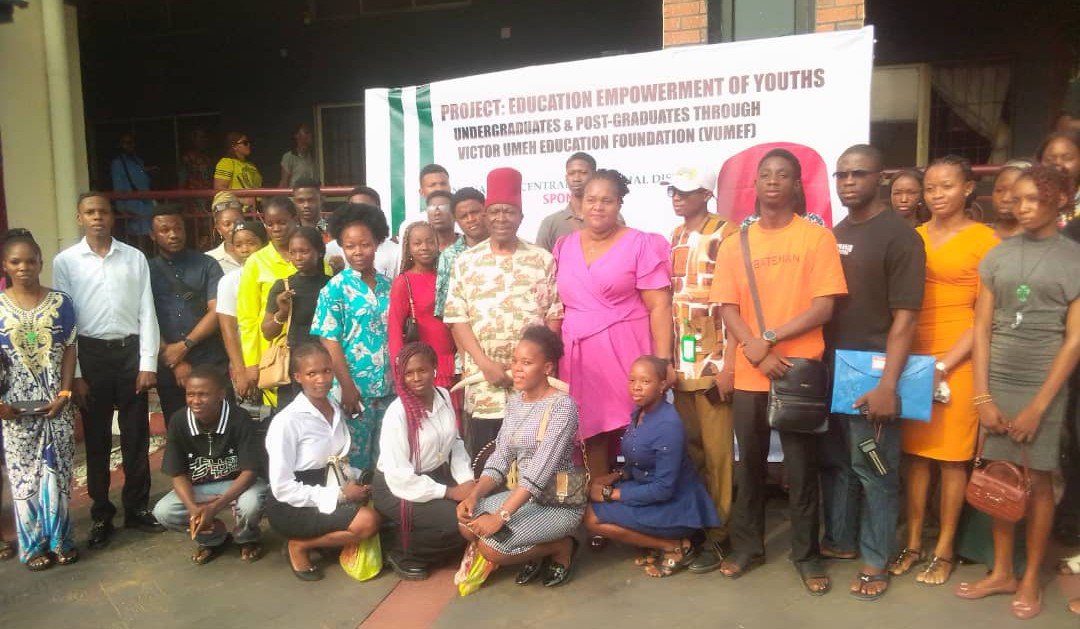By Dr Efio-Ita Nyok
Mlumun, 17, looks through her well-worn notebook in the dusty courtyard of a northern Cross River secondary school. Her grades are in the high 80s, and she writes neatly, but there is a persistent worry in her eyes. The family’s daily meals are barely within her father’s means as a menial fisherman. It seems like a distant dream to consider covering her National Examination Council (NECO) fees or the cost of transportation to a university located miles away, say the University of Cross River, Ogoja campus.
The tale of Mlumun is not unique. Bright and driven students are subtly putting their aspirations on hold throughout Cross River State’s 18 local government areas, which range from the coastal communities of Bakassi to the undulating highlands of Obudu. They are being excluded from lecture halls and classrooms due to financial difficulties rather than a lack of academic aptitude.
The Cross River State Scholarship Board and other state-led initiatives were the source of hope for many years –I understand the board is contemplating some support for Cross River tertiary students. However, the reality has been sobering: there is no formal bursary program, funding is inconsistent, and reach is constrained. Previous state governments’ support for education has remained more promise than reality –until the incumbent governor, Bassey Otu, resumed the annual payments of WAEC fees for students in the state; trapping thousands of students between opportunity and potential.
READ ALSO: Miss Ideal Nigeria 2025: Meet the Fans’ Favorites Leading the Race
A modest but potent concept took official legislative form in the Bakassi Local Government Area Assembly chambers in July. A 2025 byelaw proposal to establish a Scholarship and Bursary Fund for deserving and exceptional students was discussed by the council members, who were led by Leader Grace Bassey and Hon. Nkoyo Okon, Chairperson of the Assembly Committee on Education.
The idea is straightforward but comprehensive: a legally recognised fund that is managed by the Council authority, housed within the LGA’s Education Department, supported by yearly budgetary allotments, and available for collaborations with corporate donors, NGOs, and philanthropists. Its purpose? to dismantle the financial barriers preventing talented students from pursuing their goals.
Hon. Okon informed her colleagues, “This is not just a legislative document.” “With the next generation, this is a social contract.”
Bakassi’s proposal serves as a reminder that where higher levels of government have been hesitant, local governments, which are the ones closest to the people, can take decisive action. The byelaw may act as a model for other LGAs throughout Cross River if it is approved and successfully enforced.
What if Calabar South, Yala, Obubra, Abi, and every other place had their own version of this scholarship and bursary program? Reduced dropout rates, higher enrollment in postsecondary institutions, and the emergence of a new generation of highly qualified professionals from long-left-behind communities would all have enormous effects.
Both the opportunity and the challenge are evident. Support for education must be viewed by local government officials as essential to sustainable development rather than as a luxury. Without it, the poverty cycle gets tighter; with it, entire communities can be lifted out of poverty.
The adoption of such byelaws in all 18 LGAs would provide more than just financial relief for Mlumun and thousands of others like her. It would imply that her efforts, restless nights, and goals are acknowledged, appreciated, and supported. It would imply that aspirations to become doctors, teachers, communicators or engineers are not dashed at the village level but rather continue to grow throughout the state, the country, and beyond.
Bakassi has stoked a tiny flame in the struggle for educational equity. The remaining local governments in Cross River now have to choose whether to support its development into a beacon.
Efio-Ita Nyok, PhD is a scholar, publisher and Editor-in-Chief of Negroidhaven. He writes from Calabar, Nigeria.

